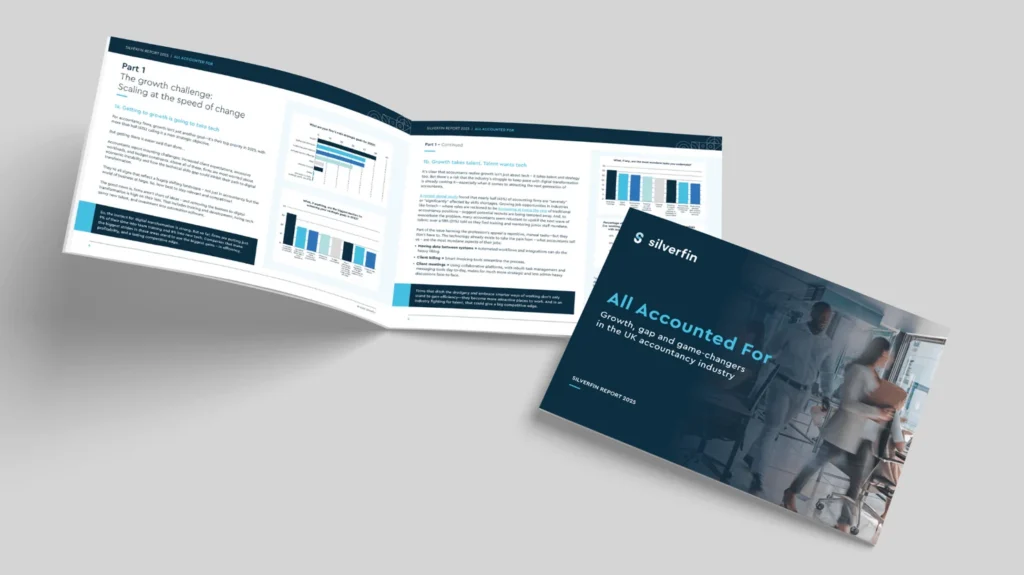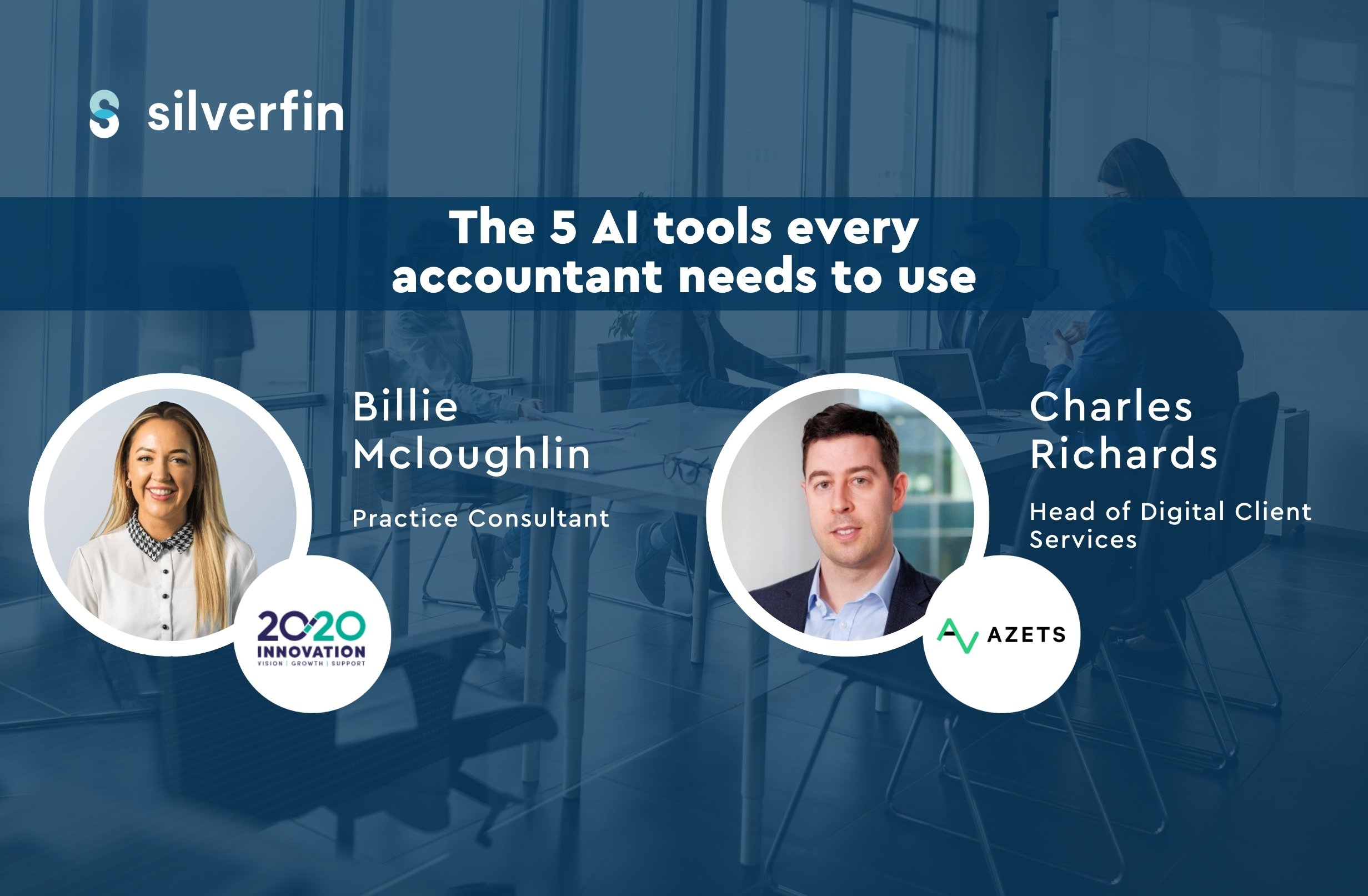Tax season often means long hours, extensive paperwork, and an increased risk of human error. Tax workpaper automation offers a way to streamline these processes, reducing time and boosting accuracy. For accountants, tax workpaper preparation is a crucial yet time-consuming task.
But what if there was a way to streamline this process, reducing time and error? This is where automation comes in, transforming tax season into an opportunity for efficiency and precision.
What is Tax Workpaper Preparation?
Tax workpapers are detailed documents containing all the data your firm needs to complete a tax return. It provides a comprehensive overview of an individual’s or company’s financial situation. Its accuracy is critical for compliance with regulations, but also because it’s the basis on which advice and many other decisions are based on.
Unfortunately, manual tax workpaper preparation can be an overwhelming process, requiring hours spent reviewing countless documents. With tax workpaper automation, you can efficiently gather information, saving time and reducing errors.
As a result, it’s frequently time-consuming, tedious and prone to human error.
The Challenges of Manual Tax Workpaper Preparation
Still, using manual processes? Then, your firm is probably all too familiar with the inefficiency and inaccuracy that comes with it.
1. Risk of Human Error: Manual processes increase the risk of errors in data entry and calculations. Tax workpaper automation minimises these risks, ensuring accuracy in tax filings and reducing compliance concerns.
2. Time-Consuming Processes: Manual preparation requires significant time investment for data entry, calculations, and organisation of workpapers. It’s an extensive time commitment that takes attention away from more strategic tasks.
3. Inefficient Collaboration and Standardisation: Manual workpapers can be difficult to share and collaborate on, especially in real-time with your team. With remote work becoming the norm, ineffective sharing and standardisation of work leads to inconsistencies, delays, and poor overall quality of working papers.
4. Lack of Scalability: As your firm grows, so does the complexity and volume of its financial data. Manual methods that may have been sufficient for smaller volumes can quickly become untenable, hindering your ability to scale effectively.
“With business growing at 12% a year, Hurst wanted to find more efficient and effective ways of working and improve the experience for the team. They had been using Excel and other software solutions to manage compliance-related work papers and accounts production, create management account packs, and file corporation tax returns.”
RELATED: The Next Frontier: The Best AI Tools for Accounting
The Benefits of Automating Tax Workpaper Preparation
When your firm ditches Excel spreadsheets and switches to automating tax workpaper preparation, it comes with the following benefits.
- Accuracy: Automation working with standardised data reduces the risk of human error, ensuring data integrity and compliance with tax laws.
- Consistency: With automation, every piece of data is processed in the same way, ensuring uniformity across all workpapers.
- Efficiency: Automated systems can process data at a fraction of the time it takes manually, freeing up accountants to focus on more strategic tasks.
- Scalability: Automated solutions, especially those based in the cloud, can easily adapt to handle increased workloads, making them ideal for growing businesses.
RELATED: How BKL Maximises Efficiency and Profit With Client Automation Software for Accounting firms
How to Automate Tax Workpaper Preparation
Automating your tax workpaper preparation involves several steps:
- Select the Right Tool: Choose a software solution that integrates well with your existing tool stack and meets your specific needs.
- Import Your Data: It’s important to choose a cloud solution with a data hub. It will allow you to import all your data from various sources into one single source of truth, reducing the need for manual entry and improving accuracy.
- Review and Adjust: Even with automation, it’s essential to review the outputs for accuracy and make adjustments as necessary. This will be considerably more effective if conducted through a portal that links your entire firm to your clients with in-context communication tools.
How Can Silverfin Automate Workpaper Preparation?
Leading accounting firms like Gascoynes and BKL use Silverfin in the UK to streamline and automate tax workpaper preparation. Silverfin’s cloud-based platform provides a seamless and integrated approach to managing tax season.
Here’s how Silverfin can ensure one standardised way of working across your firm:
Streamlined Data Integration: Silverfin automates the data collection and aggregation process, pulling information directly from various sources into one centralised platform, ensuring standardisation.
Automated Workflows: Ditch complex spreadsheets and switch to automated and template-based workflows. Guide your team through the working papers preparation process and use workflow progress tracking for real-time visibility of the status of any client job.
Real-Time Collaboration: Silverfin’s cloud-based platform offers real-time collaboration, allowing team members to work on tax workpapers together. This collaborative workpaper software reduces turnaround times and improves efficiency.
“We’ve managed to transition our team from what were very manual ways of working to one very digital way of working.”
Kirsty Yuill, Business Advisory Director at Johnston Carmichael
With automated workpaper preparation for accountants, Silverfin simplifies tax tasks, allowing firms to provide more value with reduced effort. By automating routine and repetitive tasks, Silverfin improves efficiency and allows professionals to focus on advisory and analytical work, adding greater value to their clients.
Book your demo today and embrace the future of accounting.
Automate tax workpaper preparation to transform tax season from a stressful period into a streamlined, strategic opportunity with tax preparation automation benefits.
Frequently Asked Questions
Automating tax workpaper preparation reduces the risk of human error, saves time, and improves consistency across documents. It also enhances collaboration, allowing team members to work on the same documents in real-time, and scales easily with growing firms.
Automation reduces manual data entry and calculations, minimising the potential for errors. Automated tools can ensure consistent processing across all workpapers, leading to greater accuracy and compliance in tax filings.
es, tax workpaper automation software like Silverfin is designed to integrate with multiple accounting and bookkeeping systems. This integration allows for seamless data flow, providing a single source of truth and reducing the need for manual data imports.
Choosing the right software depends on your firm’s needs, existing systems, and growth plans. Look for a solution that offers real-time collaboration, data centralisation, scalability, and seamless integration with your current tools to support your firm’s efficiency and compliance goals.














